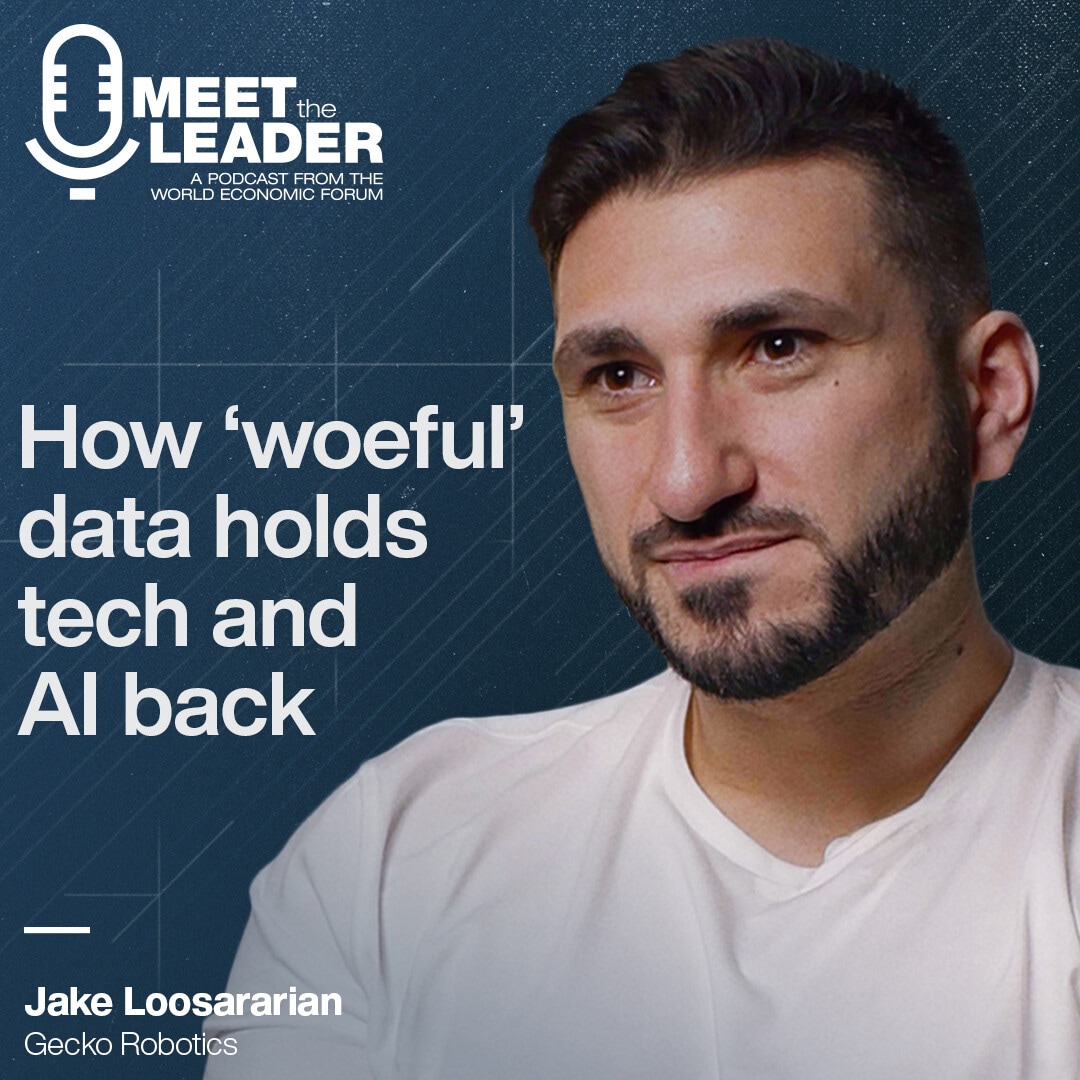Here's how Americans think AI will help the world

AI could change many areas of life.
Image: Unsplash/ Glenn Carstens-Peters
Stay up to date:
United States
- A survey of people in the US finds that 78% think AI could have an impact on whether robots end up carrying out medical surgery.
- And 54% think it could lead to major advances in the production of drought- and heat-resistant crops.
- Meanwhile, 44% think AI could change the way news articles are written.
OpenAI launched its brand new multimodal language model GPT-4 this week, just four months after releasing the first version to the public. ChatGPT has taken the tech world by storm with its ability to generate everything from song lyrics to the answers of a U.S. medical licensing exam in response to a user's written query. But it’s not without its problems, with the initial version having received backlash for making a series of factual errors and nonsensical answers or “hallucinations.” In one such case, the chatbot even asked a tech journalist to leave his wife.
So, what does AI mean for the future? Pew Research Center carried out a survey in December 2022, soon after the first release of the platform, to get a sense of U.S. adults' opinions on the topic. It found that respondents were tied over whether AI could advance the process of writing news articles, with 44 percent saying it could bring either major or minor advances, versus 45 percent who said it would not and 11 percent who said they were not sure. However, it was a relatively fresh idea to most at the time (only a third of respondents had heard of AI being used for article writing), and so the balance may now have shifted.
By contrast, a larger share of U.S. respondents considered AI to offer major advances to the fields of science, namely within the fields of medicine and weather forecasting. As our chart shows, 78 percent thought that AI technologies could have a major or minor impact in having robots perform parts of surgery. This application of AI was most widely known (59 percent) in comparison to other use cases, such as predicting protein structures in cells (21 percent awareness) or producing drought and heat resistant crops (25 percent).
How is the World Economic Forum ensuring the responsible use of technology?
While still not perfect, Chat GPT4 is promised to have fewer bugs. “It is still flawed, still limited, and it still seems more impressive on first use than it does after you spend more time with it,” Sam Altman, CEO of OpenAI, tweeted on Tuesday. “It is more creative than previous models, it hallucinates significantly less, and it is less biased,” he wrote.

Accept our marketing cookies to access this content.
These cookies are currently disabled in your browser.
Don't miss any update on this topic
Create a free account and access your personalized content collection with our latest publications and analyses.
License and Republishing
World Economic Forum articles may be republished in accordance with the Creative Commons Attribution-NonCommercial-NoDerivatives 4.0 International Public License, and in accordance with our Terms of Use.
The views expressed in this article are those of the author alone and not the World Economic Forum.
Forum Stories newsletter
Bringing you weekly curated insights and analysis on the global issues that matter.
More on Emerging TechnologiesSee all
Lim Chow-Kiat
August 21, 2025
Charles Bourgault and Sarah Moin
August 19, 2025
Spencer Feingold
August 18, 2025
Jon Jacobson
August 14, 2025
Ruti Ben-Shlomi
August 11, 2025





